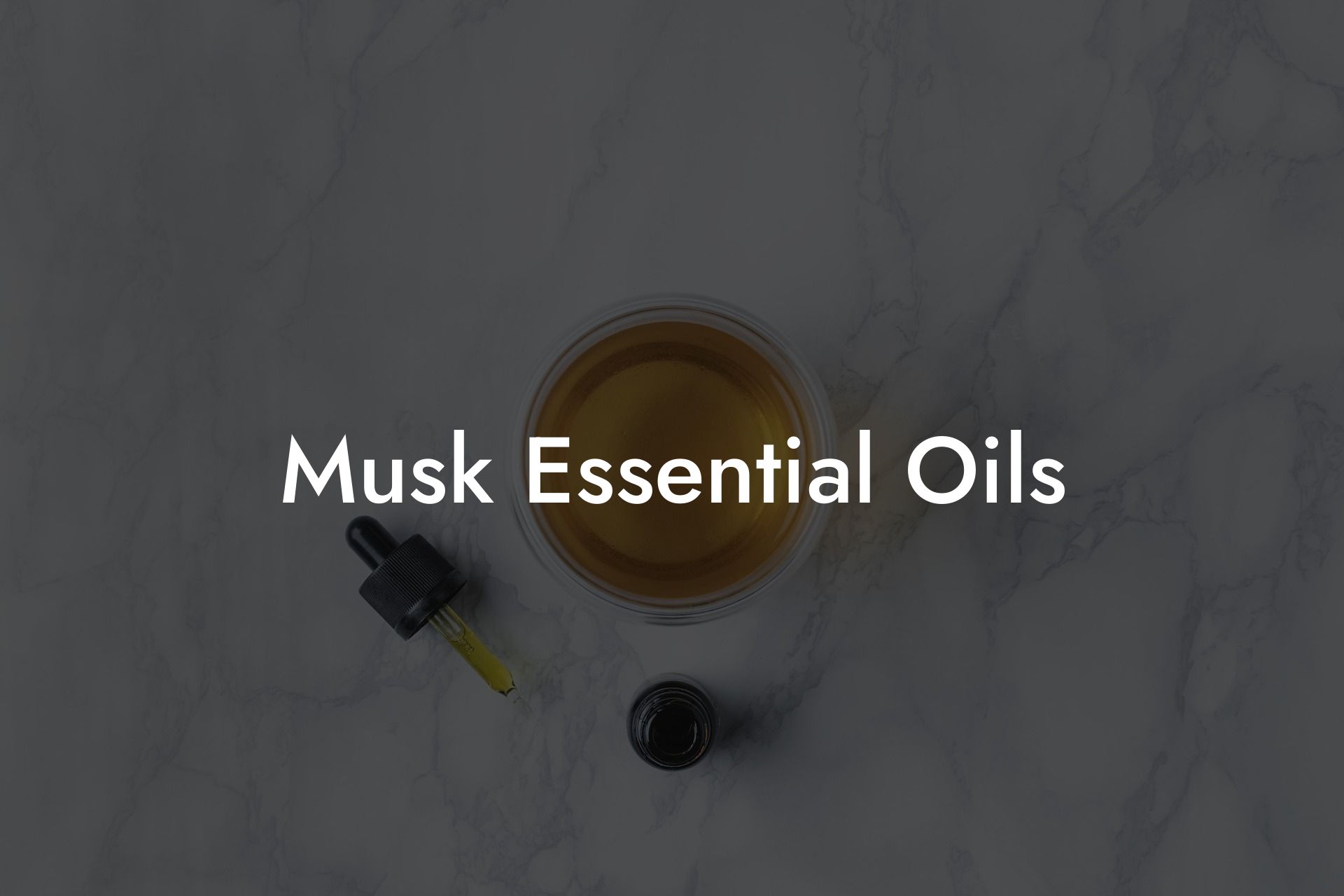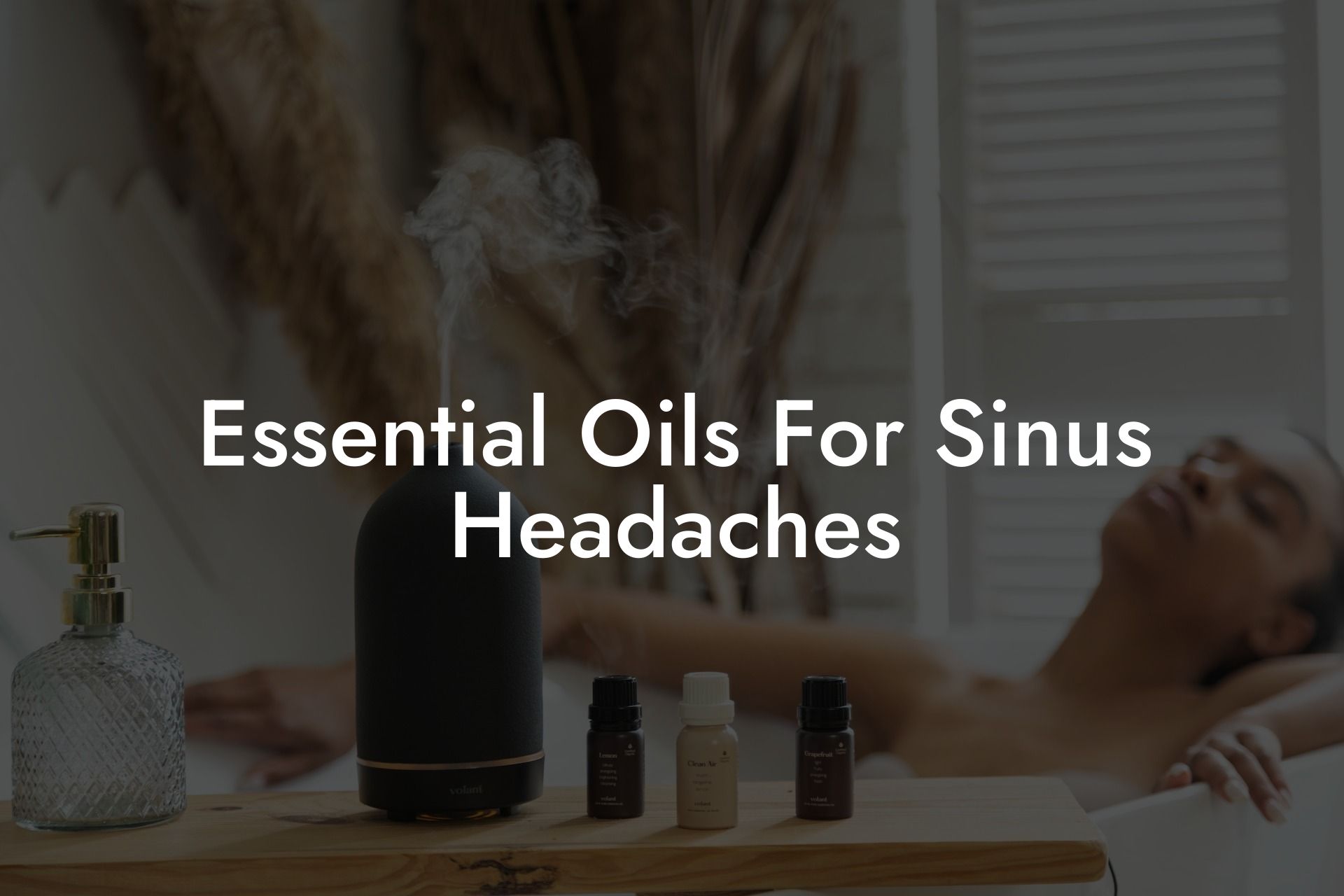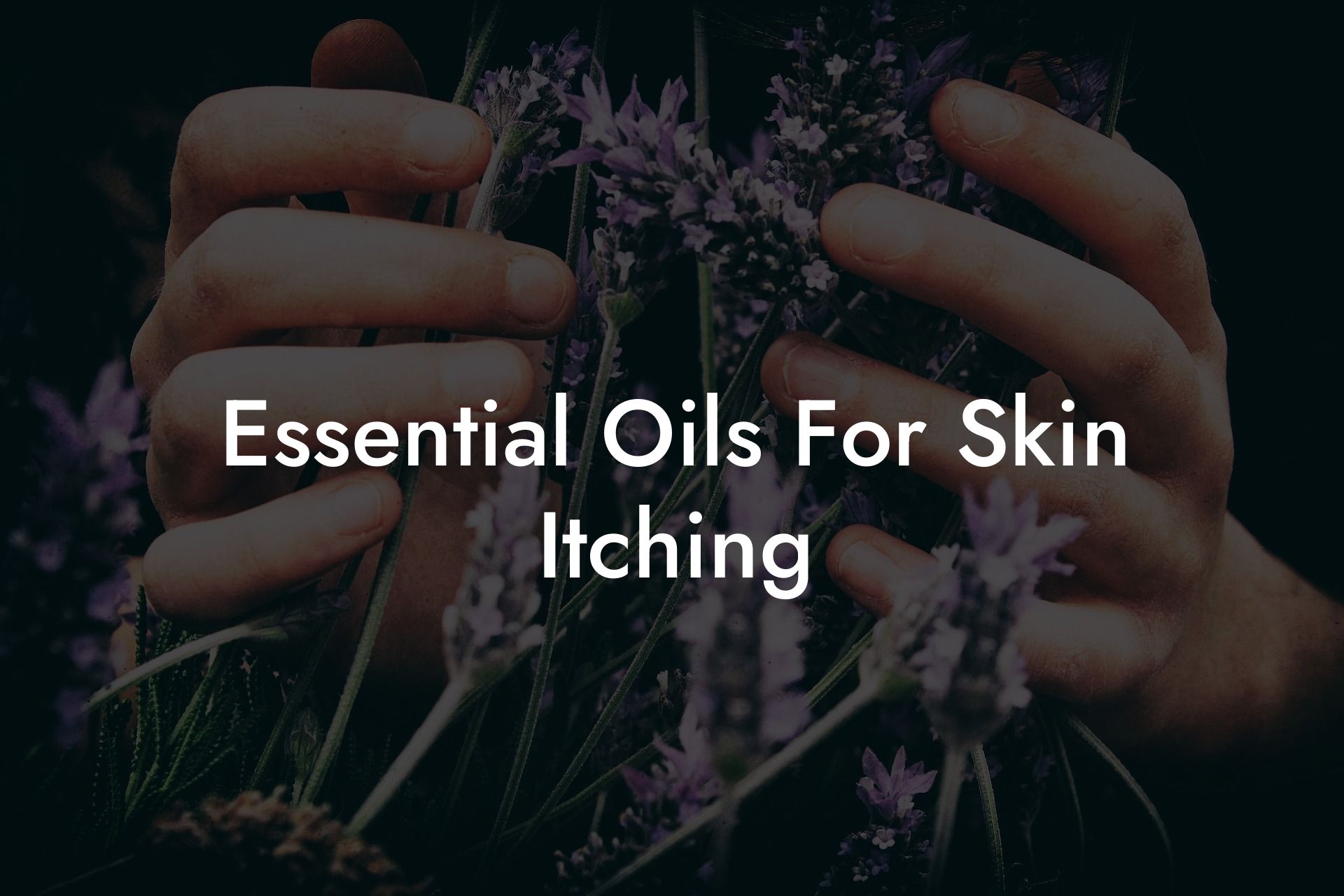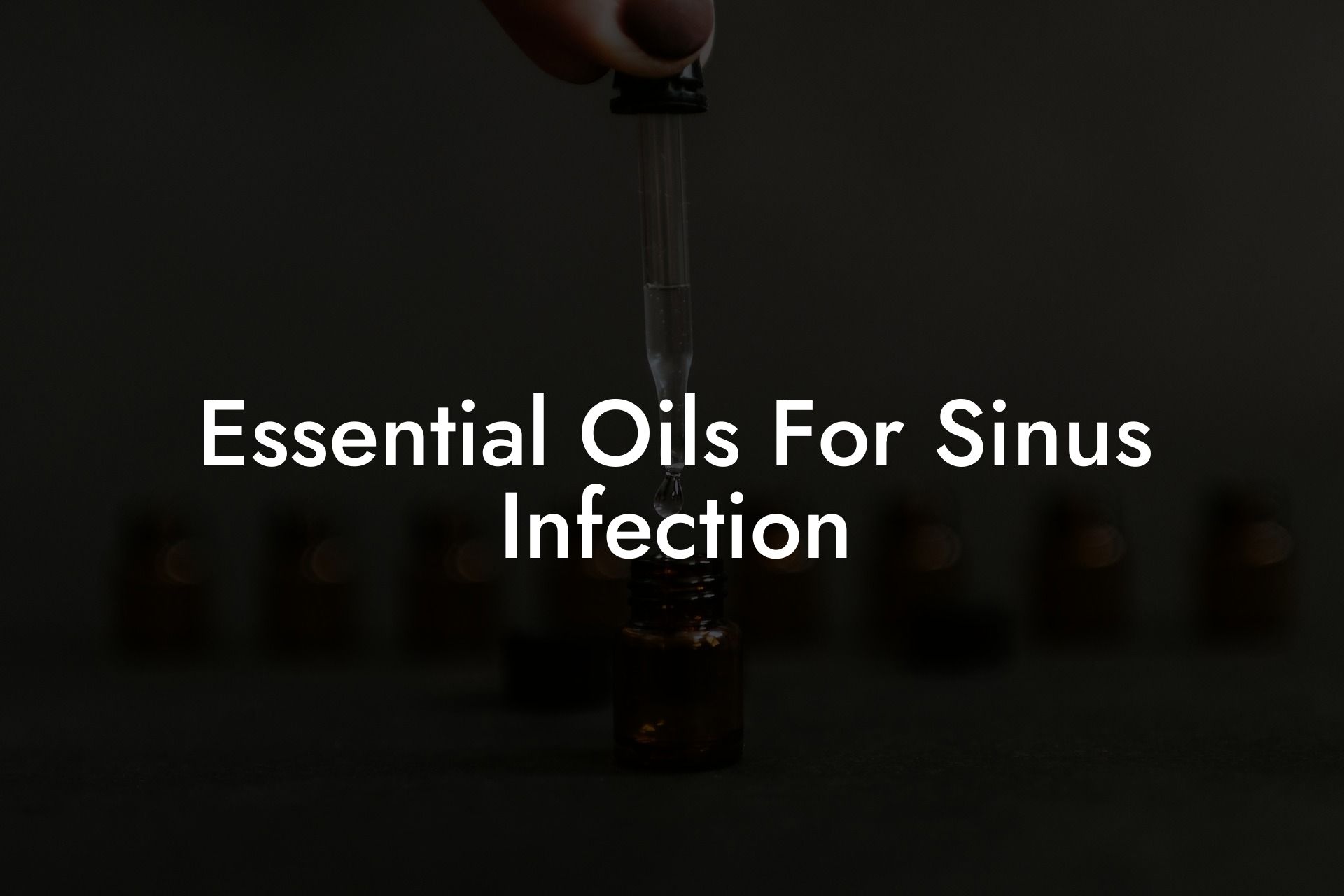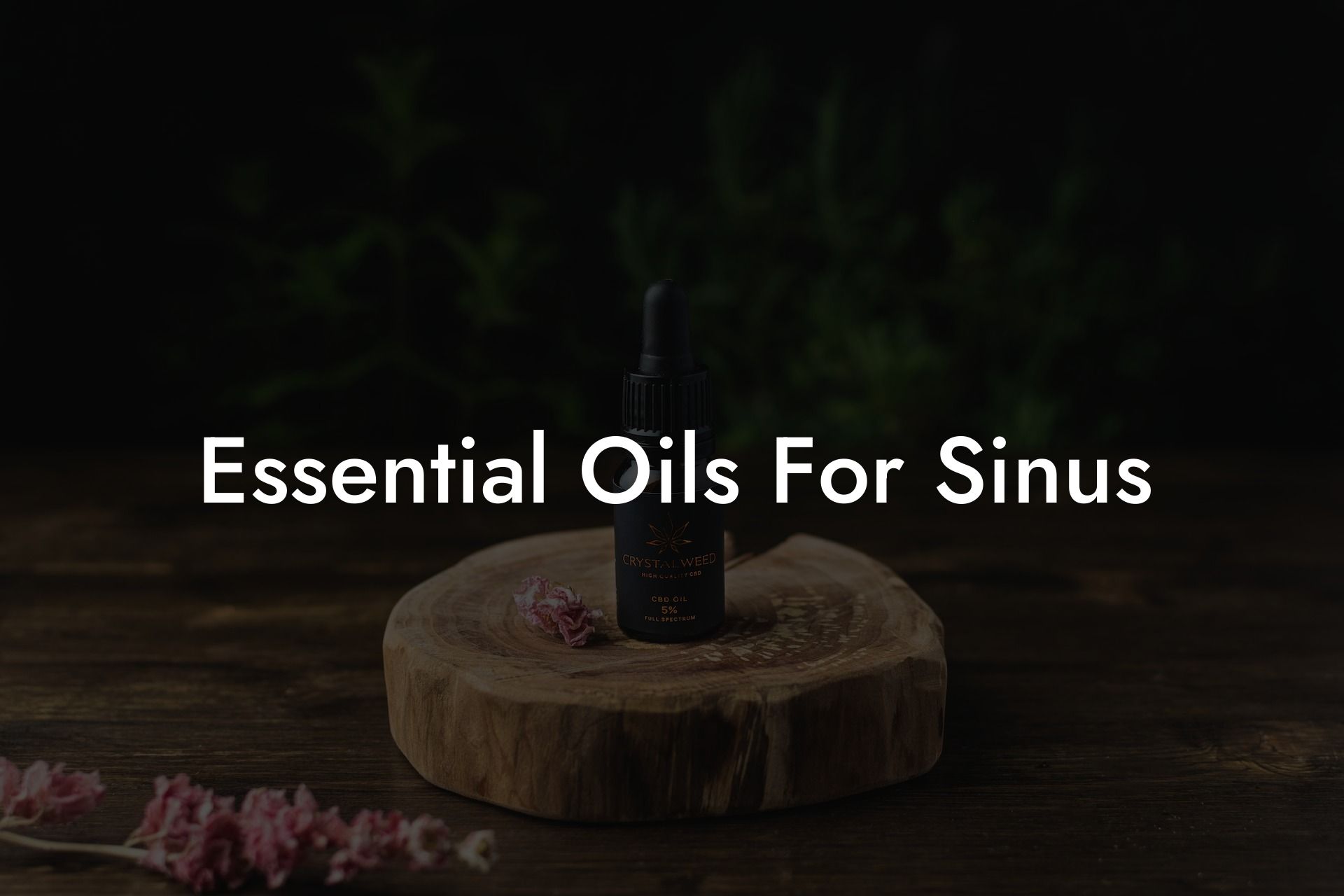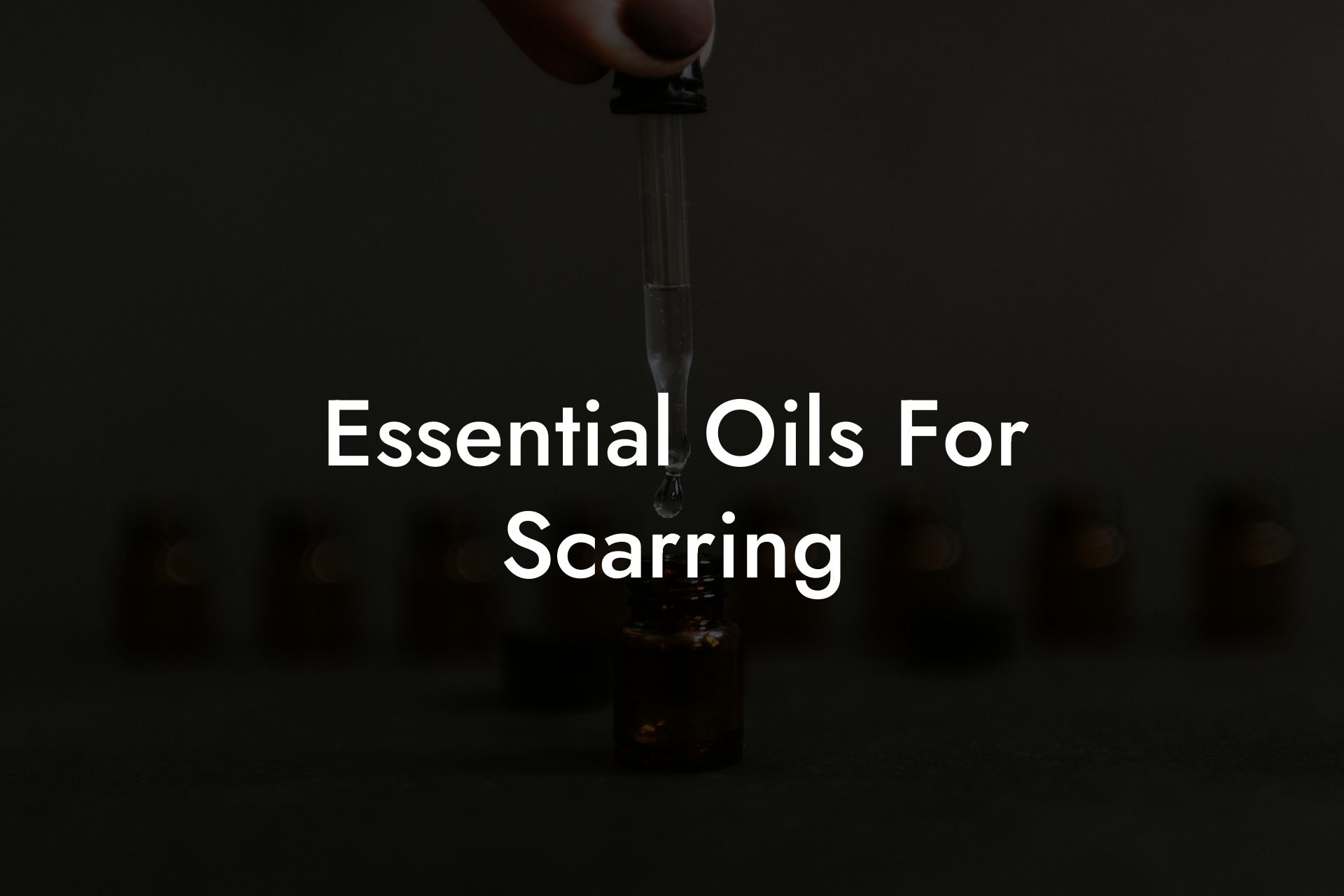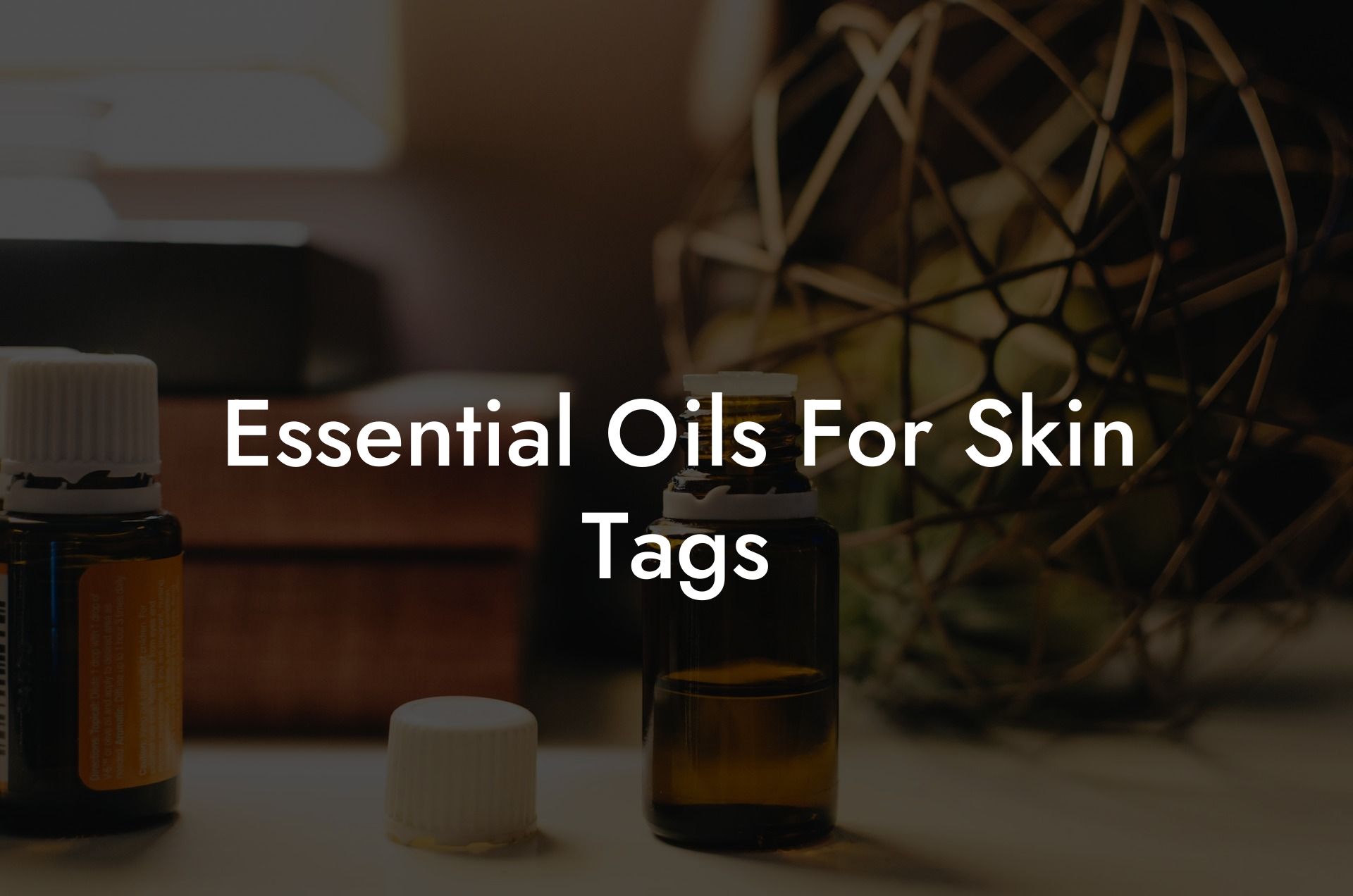Discover the world of musk essential oils and how they can elevate your aromatherapy experience. In this article, we’ll dive into the history of musk, its various types, benefits, and applications. Let Oshu Oils be your guide as we explore the fascinating aspects of this powerful and alluring scent.
Table of Contents
History of Musk
Originating from the Sanskrit word “Muska,” meaning “testicle,” musk has an ancient history rooted in both Eastern and Western cultures. Initially obtained from the glandular secretions of the musk deer native to Asia, musk has been highly valued for its scent and medicinal properties since ancient times. Today, due to ethical concerns and the endangerment of musk deer, the majority of musk used in perfumery and essential oils is synthetic or plant-based.
Types of Musk
Animal-derived Musk
- Musk Deer: The most traditional and coveted source of musk, the male musk deer produces secretions in a gland primarily used to mark territory and attract females.
- Musk Rat: Although less common, musk rat is another animal source of musk, derived from the animal’s preputial glands.
Synthetic Musk
With increased ethical concerns and the costly extraction of natural musk, synthetic musk compounds have become popular alternatives in the fragrance industry. These compounds are designed to mimic the scent of natural musk and come in various types:
- White Musk: A clean, mild, and sweet-smelling variation of musk, white musk is often used in perfumes and cosmetic products.
- Nitro Musk: One of the first synthetic musks, nitro musk was popular in the early 20th century but has since been largely replaced due to concerns about its toxicity and environmental impact.
- Polycyclic Musk: Developed as an alternative to nitro musk, polycyclic musk is widely used today in the fragrance industry due to its long-lasting and versatile scent.
Plant-based Musk
In the world of essential oils and natural fragrances, there are also plant-based musk alternatives that offer a sustainable and cruelty-free option:
- Ambrette Seed: Derived from the seeds of the hibiscus plant, ambrette seed oil has a musky, sweet aroma and is often used in natural perfumery.
- Angelica Root: The root of the angelica plant produces an oil with a rich, earthy, and musky scent, making it a popular choice for essential oil blends.
Benefits of Musk Essential Oils
While widely known for its captivating scent, musk essential oils also offer an array of benefits that can enhance your overall well-being:
- Aphrodisiac: Musk has long been associated with sensuality and attraction, making it a popular choice for romantic essential oil blends.
- Stress Reduction: The calming scent of musk essential oils may help reduce stress and promote relaxation.
- Emotional Balance: Musk oils can help balance emotional states, providing a sense of grounding and stability.
- Anti-inflammatory: Some musk essential oils, such as ambrette seed oil, possess anti-inflammatory properties that may help ease muscle pain and tension.
Musk Essential Oils Example:
Imagine coming home after a long, emotionally draining day at work. As you settle in, you create a blend of essential oils in your diffuser: a few drops of soothing lavender, grounding vetiver, and a touch of alluring musk. As the aroma fills your space, you feel a sense of calm and relaxation wash over you. Your stress slowly subsides, and suddenly, the weight of the day feels lighter. This soothing blend with the power of musk essential oil restores your emotional balance, providing a much-needed sanctuary from the chaos outside.
Now that you’ve explored the fascinating world of musk essential oils, we invite you to incorporate this enchanting scent into your aromatherapy routines. Perhaps consider trying one of Oshu Oils’ carefully crafted essential oil blends featuring musk, designed to promote balance, relaxation, and rejuvenation. Feel free to share this article with friends and loved ones, and discover the full range of essential oils and aromacology guides available through Oshu Oils. Your journey to well-being starts here.

